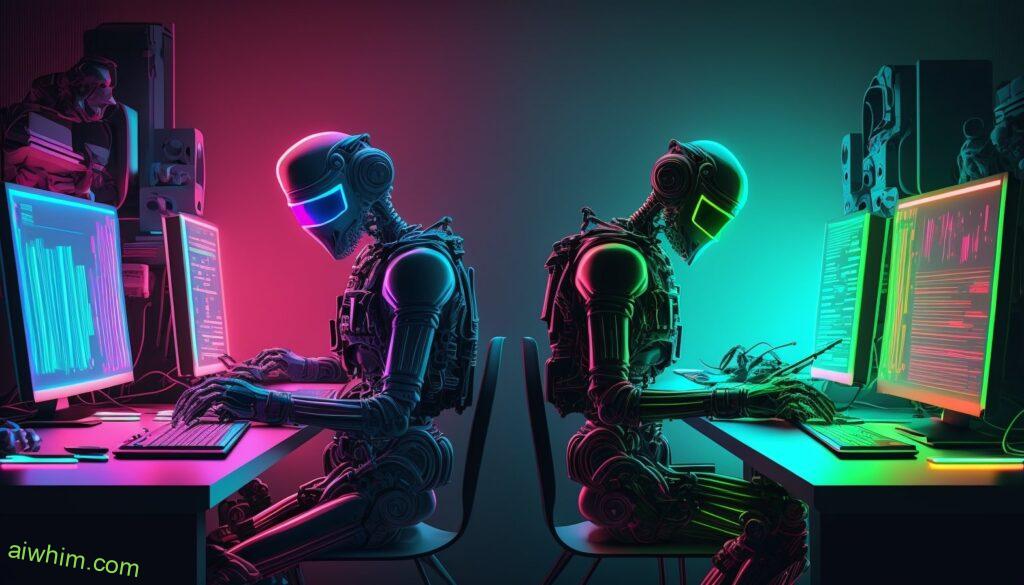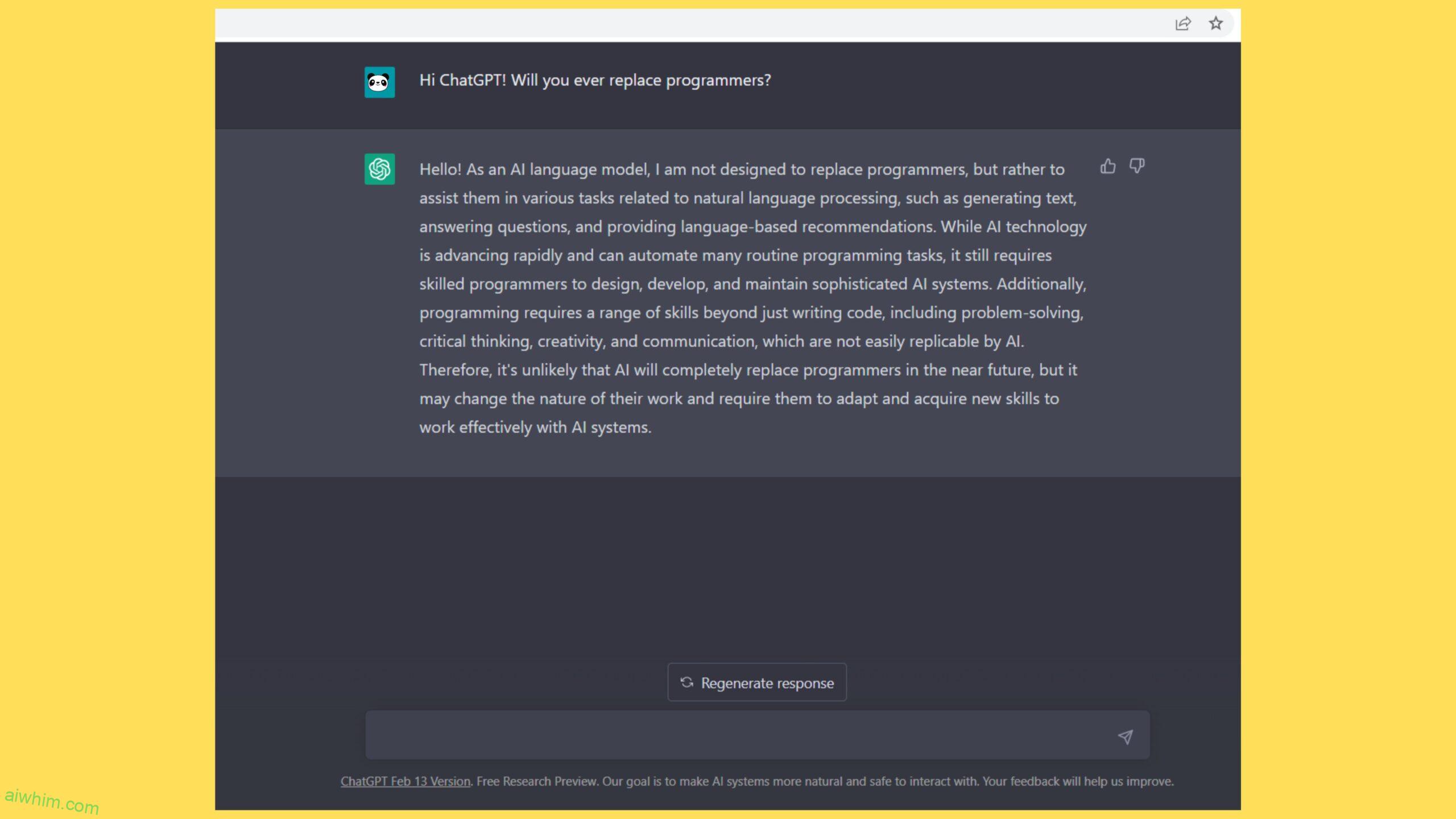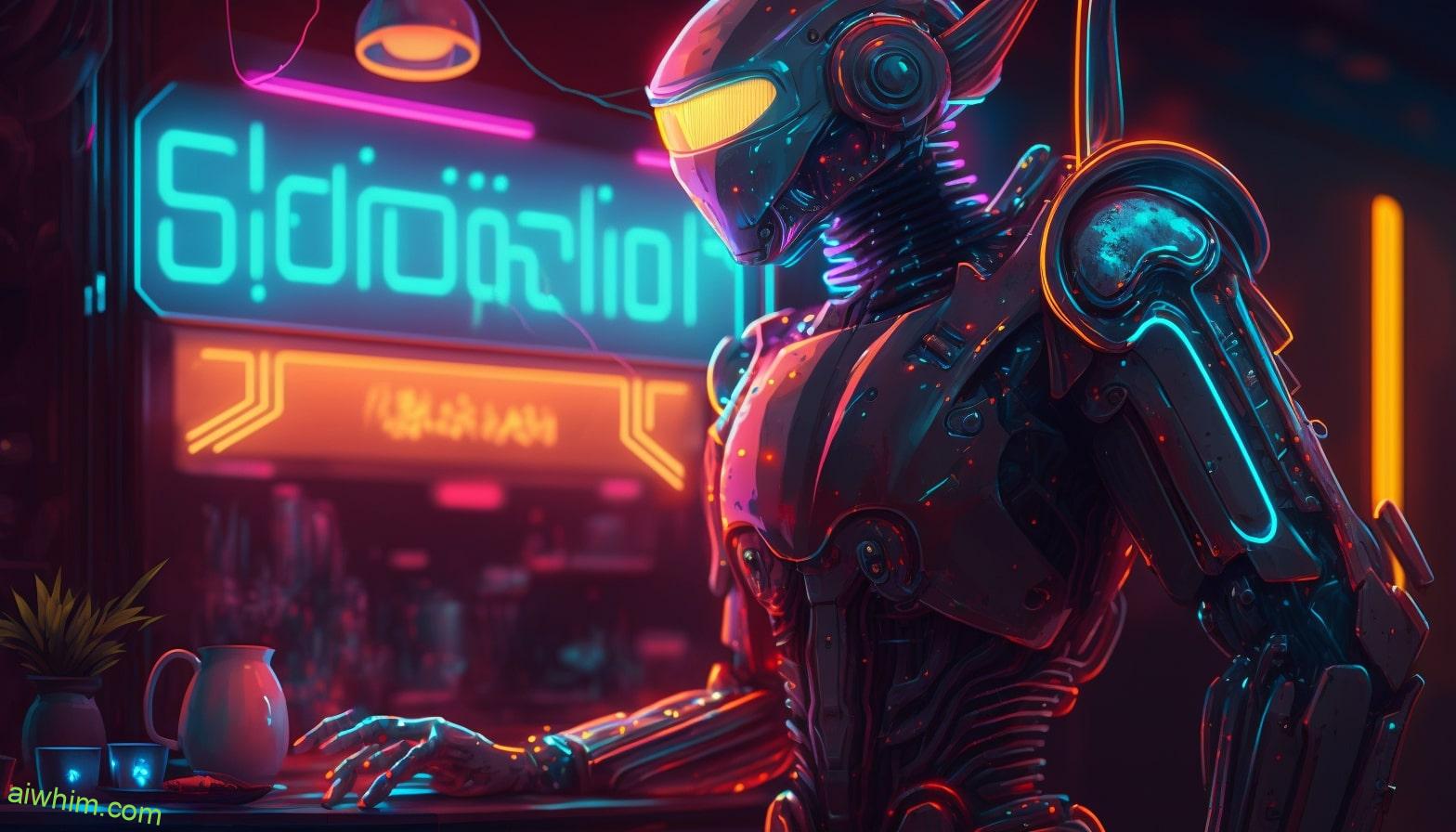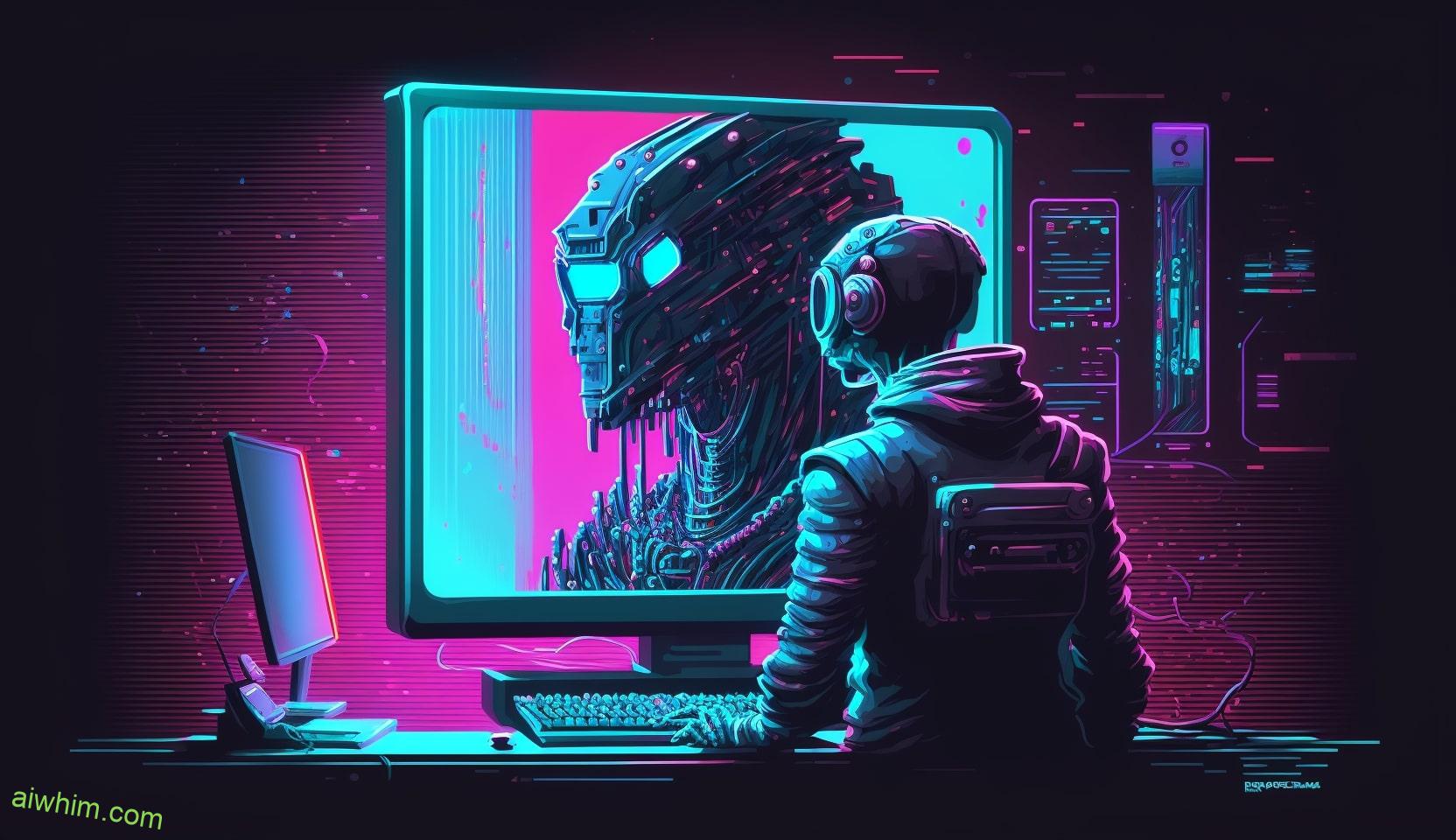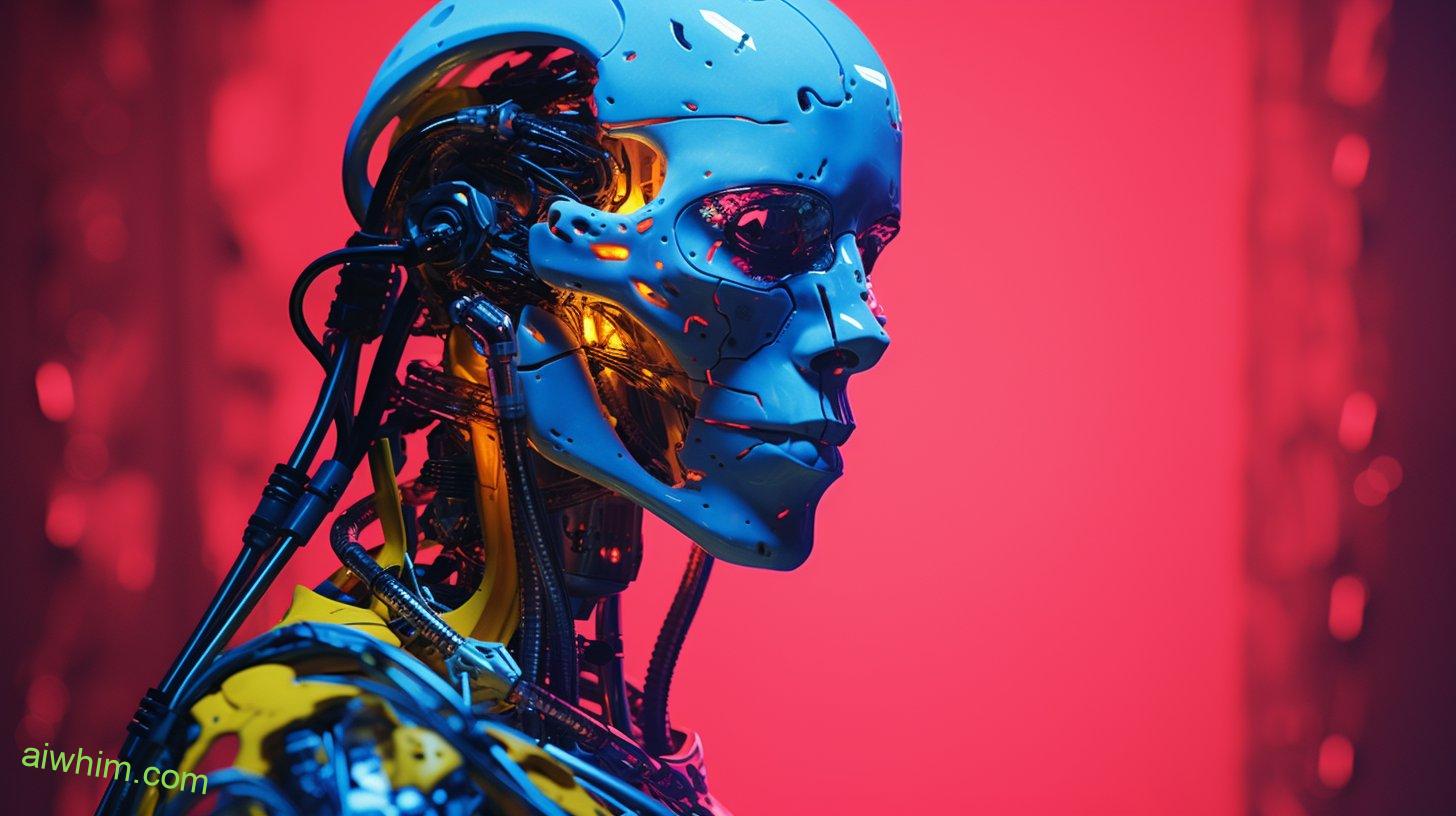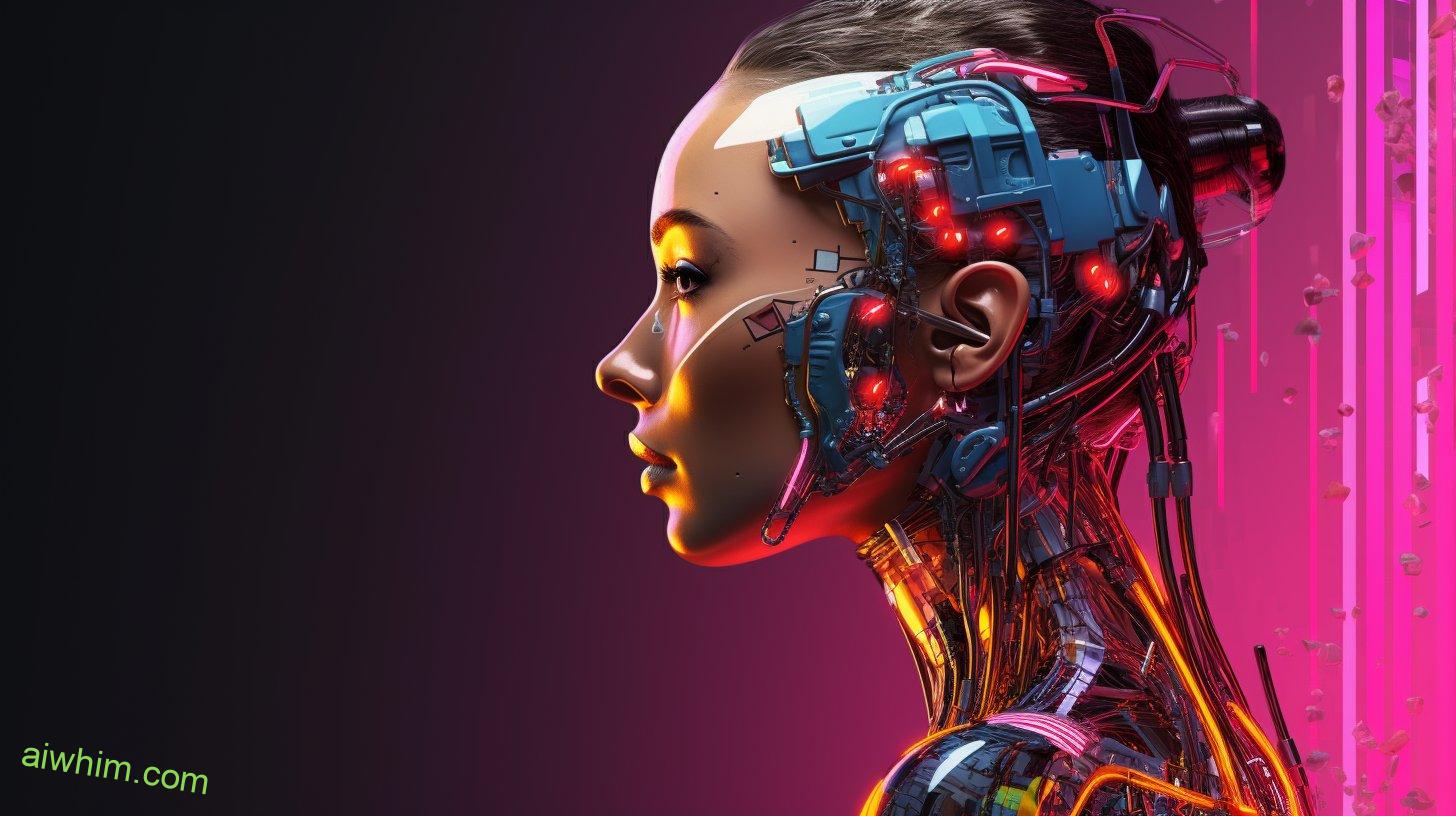As the world rapidly evolves, so do its technological advancements. AI-powered chatbot technology is no exception; it has quickly become an integral part of our lives and shows no signs of slowing down anytime soon. But what does this mean for writers? Could ChatGPT replace them altogether? In this article, we explore this question and examine how ChatGPT could potentially change the writing landscape as we know it.
The idea of a machine taking over creative tasks that were once done by humans can be unnerving – especially when they involve highly sought-after skills like writing. Writing requires creativity, originality, and skillful communication – all things that machines are not traditionally known for possessing. However, with advances in artificial intelligence (AI), machine learning algorithms have improved significantly and now offer capabilities that rival those of human beings. This raises the question: will ChatGPT really be able to replace traditional writers?
At first glance, it appears unlikely that ChatGPT could completely overtake manual labor by professional writers – but upon closer inspection, one must wonder if there’s something more to the equation than meets the eye. The answer may surprise you! Keep reading to find out if ChatGPT could truly take over from human writers or if their roles remain distinctively different after all.

But before we start, read more here to find out if journalism is at risk from AI and chatbots.
What Is Chatgpt?
ChatGPT is a new natural language processing (NLP) technology that has features that mimic human writers. This revolutionary AI-powered tool has recently been gaining attention, as it promises to vastly improve the quality and speed of written content.
The power of ChatGPT lies in its ability to generate text from inputted data with minimal effort on the part of the user. By leveraging powerful NLP algorithms, ChatGPT can quickly produce high-quality pieces of writing—even complex documents such as books or articles—in a fraction of the time it would take a writer alone. Furthermore, this technology ensures accuracy by providing reliable grammar correction and plagiarism detection capabilities. As such, ChatGPT offers unprecedented convenience for anyone looking for quick and accurate results when creating written content.
With these advantages, there seems little doubt that ChatGPT will become an increasingly popular option for those seeking efficient help with their writing needs. Armed with this powerful tool, individuals no longer need to worry about tedious tasks like proofreading and editing; they can simply let ChatGPT handle all aspects of their project while they focus on other priorities.
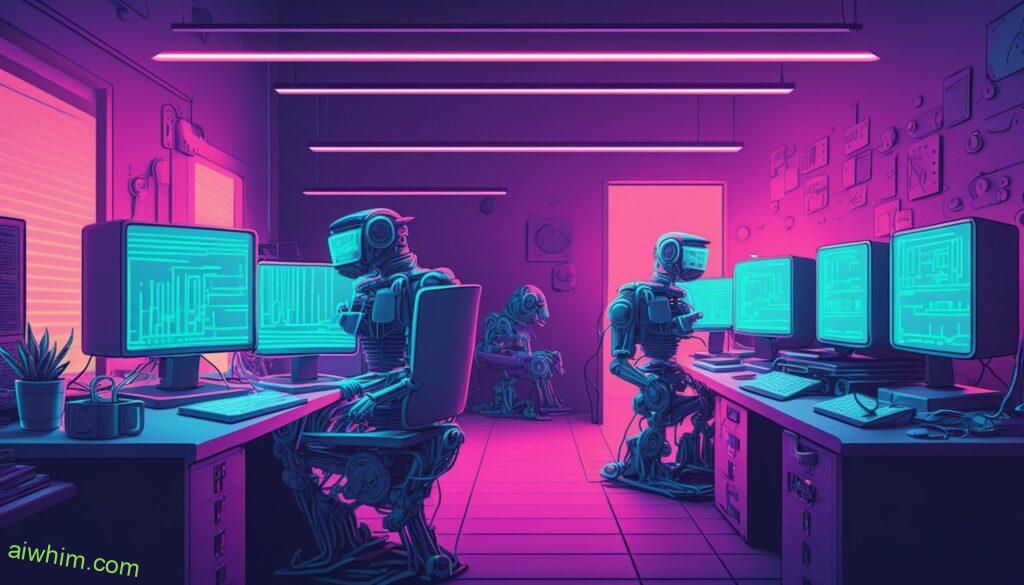
Read more here for AI’s effect on copy makers and proofreaders.
How Does It Work?
ChatGPT is an AI technology that can generate human-like conversations. It works by taking input from a user and providing tailored responses based on the context of their messages. The technology uses natural language processing (NLP) to understand the text, then makes use of its deep learning capabilities to provide relevant answers.
The AI technology has been trained on large datasets consisting of conversations between humans in order to better mimic conversation styles. This allows it to create more complex, interesting dialogue than what would be possible with only basic algorithms or scripts. ChatGPT also has features like sentiment analysis built in which allow for even more personalised interactions. As such, it could potentially replace writers who are tasked with creating engaging content for chatbots and virtual assistants.
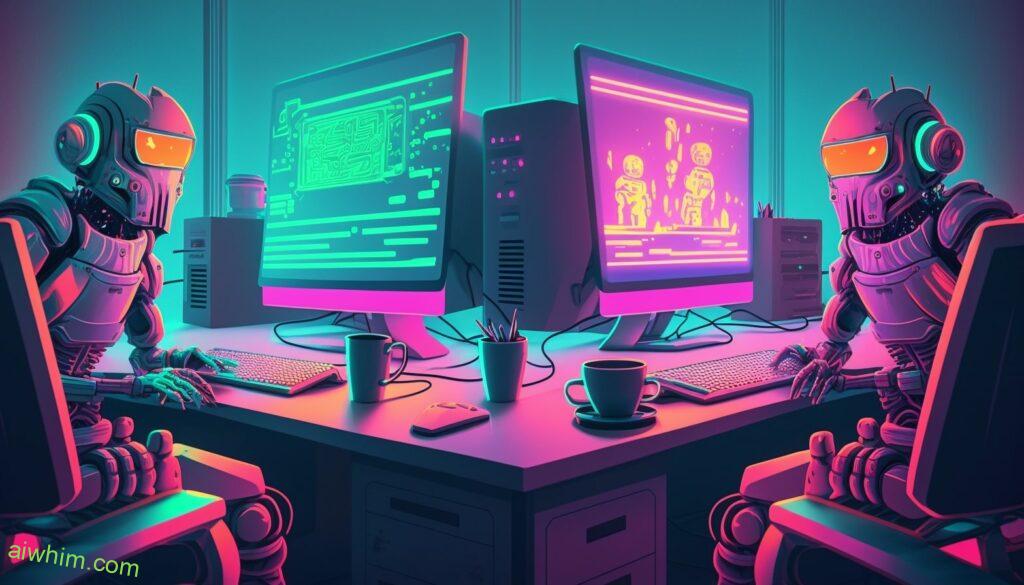
By the way, if you are curious about how AI will affect the careers or editors, click the link to read more!
Advantages Of Chatgpt For Content Creation
ChatGPT is an artificial intelligence tool that allows users to generate unique content quickly and efficiently. With this technology, businesses can create high-quality content at a fraction of the cost and time it would take with manual writing. ChatGPT has several advantages over traditional writers, including being able to produce more accurate results faster and less expensively.
ChatGPT offers a range of benefits for content creators. It eliminates the need for research by providing pre-written text that can be used as templates or adapted to fit any project. This saves valuable time and money since no additional resources are needed to find information or craft original copy. Additionally, writers don’t have to worry about grammar mistakes or typos due to its built-in spell checker feature which ensures accuracy in all outputs. The AI also helps improve SEO rankings through natural language processing technology which optimizes words for search engine algorithms.
The ease of use makes ChatGPT an ideal solution for anyone looking for better, faster results when creating web content. Whether you’re a freelancer needing extra help on projects or a business owner wanting to save time while producing quality work, ChatGPT is here to make your life easier with its advanced features and user friendly interface.
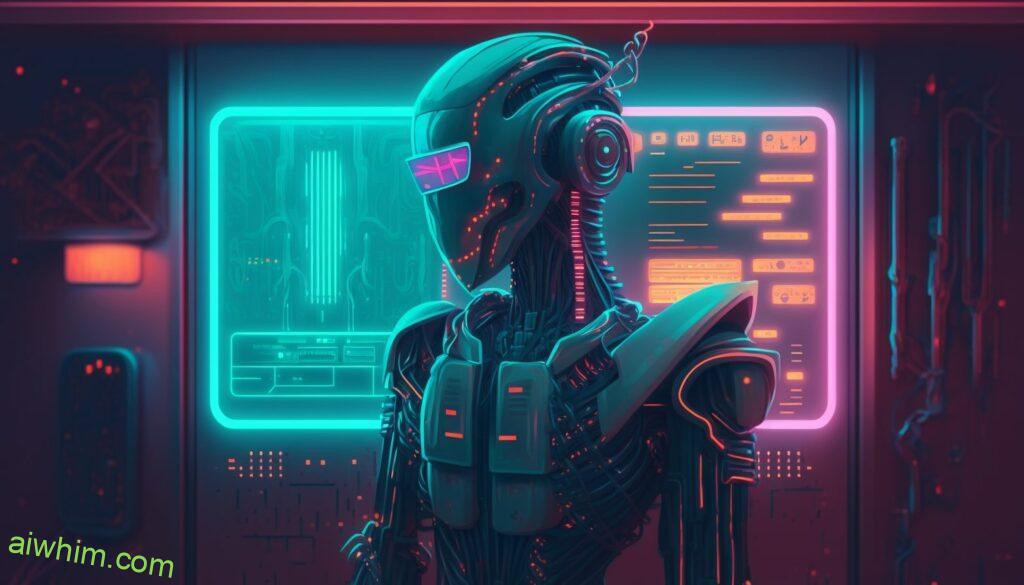
Find out if writers are on the list of the 100 jobs most likely to be automated. Our study provides the answer: read more through the link!
Disadvantages Of Chatgpt For Content Creation
ChatGPT may be a powerful tool for creating content, but it does have its drawbacks. For starters, ChatGPT relies on an AI algorithm that can never capture the complexity of human thought and expression. This means that the content produced by this technology is often missing the nuances and depth that come with being written by a real person.
Additionally, while automated writing has improved greatly over time, it still falls short in certain areas such as accuracy and grammar. It’s important to remember that chatbots are only capable of producing work at a basic level without any real creative flair or insight from an experienced writer. As such, if you want truly authentic content then using a professional writer would likely yield better results than relying solely on ChatGPT software.
Overall, ChatGPT can be useful for quickly generating large quantities of text but should not be viewed as a viable substitute for writers when it comes to quality content creation.
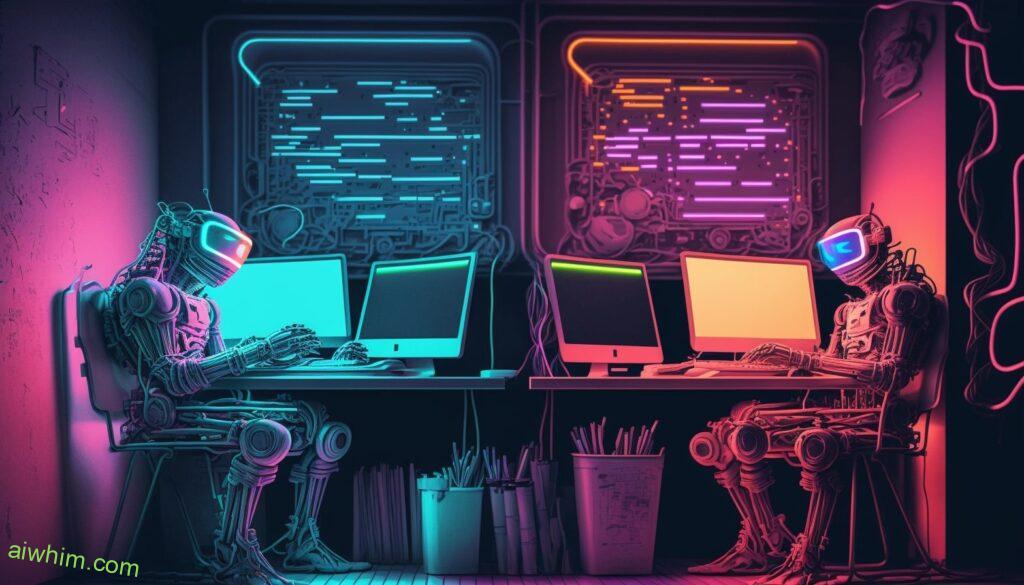
Impact On The Writing Industry
The impact of chatbots on the writing industry is undeniable. Whether it’s a journalist striving to be as accurate as possible or an author working to craft their latest novel, writers are having to compete with AI-powered bots that can churn out content quickly and easily. It’s easy to see how this could lead to fewer jobs for human writers—but it doesn’t have to be all bad news. Chatbot technology has opened up new opportunities for writers by creating more demand for quality content that can only come from an experienced professional.
At its core, chatbot technology encourages creativity in ways that weren’t previously possible before. Writers can now use automated conversations and natural language processing tools to create engaging stories that wouldn’t otherwise exist without them. Additionally, they are able to produce high volume pieces faster than ever while still maintaining accuracy and clarity. This means more time freed up for other tasks like research or brainstorming narrative arcs, which results in better overall writing projects being produced at higher volumes than ever before.
Chatbot technology isn’t about replacing writers — it’s about enabling them to do what they do best even more efficiently and effectively. With the rise of these new tools, there will continue to be an increased need for skilled professionals who know how to write compelling copy and develop engaging narratives using advanced technologies.
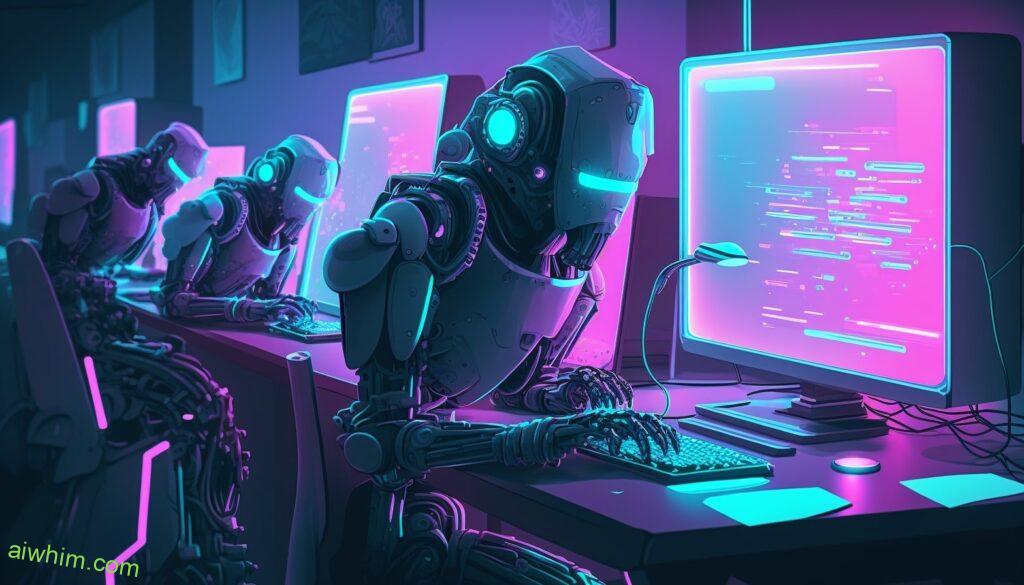
The Future Of ChatGPT And Writers
The previous section discussed the potential impact of ChatGPT on writers. But what does the future hold for both? Could it be a relationship of equals, or will one triumph over the other?
In all likelihood, ChatGPT won’t replace human authors entirely. There are certain areas where the technology may have an edge, but its capabilities pale in comparison to those of skilled storytellers and creators. For example, while machines can generate content quickly and efficiently, they lack the ability to craft stories that evoke emotion and draw readers into their world – something only humans can do with ease.
This means that as long as there is a demand for creative writing, human writers will remain essential to meeting this need. Instead of replacing them altogether, ChatGPT could actually give them more time and freedom to explore different ideas and storylines without having to worry about churning out endless amounts of work every day. In other words, this incredible technology could be our ticket to unlocking unprecedented levels of creativity – a grand opportunity that’s simply too good to pass up!
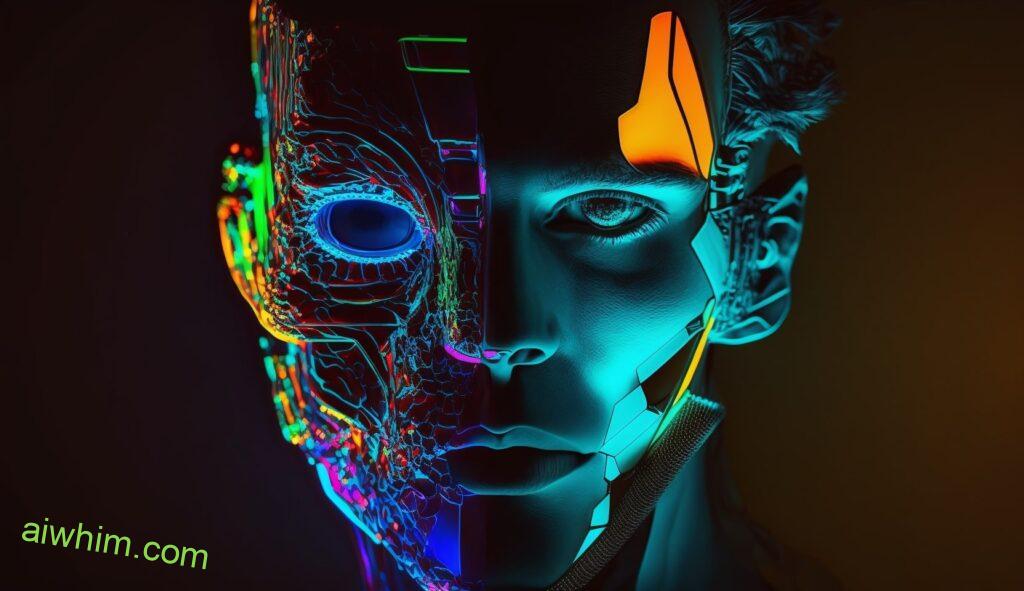
Artificial Intelligence And Machine Learning
Artificial Intelligence (AI) and Machine Learning (ML) have become increasingly prominent in modern society, with applications that range from self-driving cars to automated customer service. As these technologies continue to evolve, it begs the question of whether AI and ML can be used to completely replace writers.
- AI programs are able to generate text based on a set of algorithms.
- However, this generated text lacks some of the nuances and creativity associated with human written content.
- The development of Natural Language Processing (NLP) has allowed machines to learn language more effectively; thus enabling them to better recognize context and understand user intent when responding with answers or generating content automatically.
- Despite this progress, there is still a lot that cannot be replicated by machine learning – including one’s own sense of perspective, humor, style, and storytelling ability all essential components for creating engaging content.
In short, AI and ML will never fully replicate the capabilities of a human writer because computers do not possess any creative thought process which allows us to think beyond what we know and discover new ideas in unique ways. Machines might be programmed to copy our behavior but they can’t experience emotion like humans can – making their writing appear robotic or unnatural no matter how advanced technology becomes. Ultimately, while Artificial Intelligence may aid writers in completing mundane tasks faster than ever before, it won’t replace those passionate about crafting stories that capture hearts and minds everywhere!
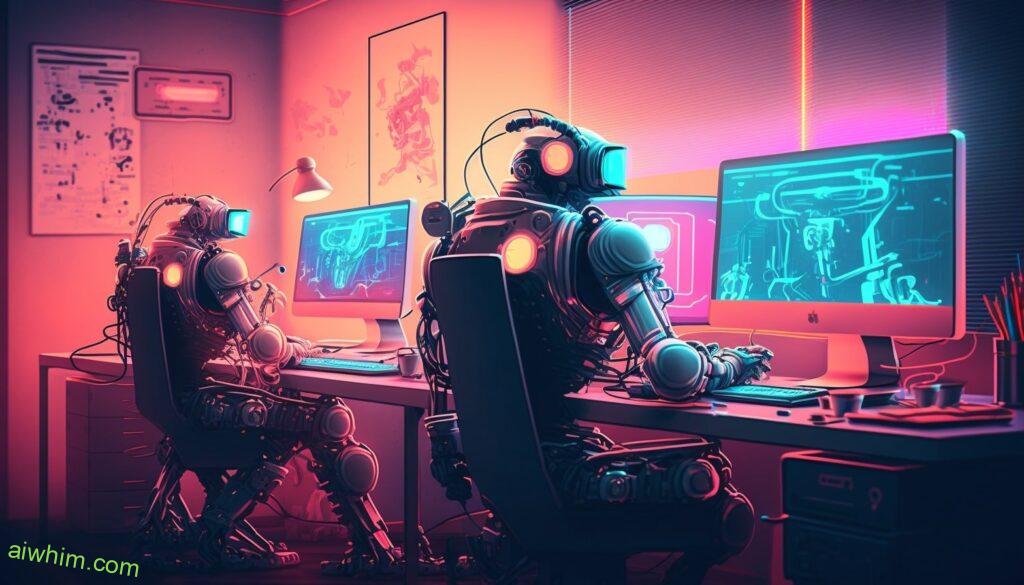
The Need For Human Writers
No matter how advanced artificial intelligence becomes, there will always be a need for human writers. AI may have the ability to understand and process language, but it cannot yet replicate the creative thought processes of real people. There are some tasks that can be automated with chatbots or other forms of AI-based technology, such as customer service inquiries or simple data entry work. But when it comes to writing original content, humans still possess an advantage over machines.
Humans bring something special to their writings: passion and emotion. Writers often explore complex topics in ways that can move readers’ hearts and minds in ways that no machine could ever achieve. Human creativity is also essential when it comes to crafting compelling stories with characters who resonate deeply with readers; this kind of artistry requires a unique blend of imagination and understanding which only real life individuals can provide. In addition, writers tend to convey messages using metaphors or symbols which require knowledge not just about language but about various cultures around the world – something that AI simply cannot do yet.
For these reasons, true authorship will never become obsolete – at least until Artificial Intelligence catches up with us! As long as there’s meaningful communication between people, we’ll need talented human writers who are capable of creating stories that capture our imaginations and inspire us to think differently about ourselves and our world.
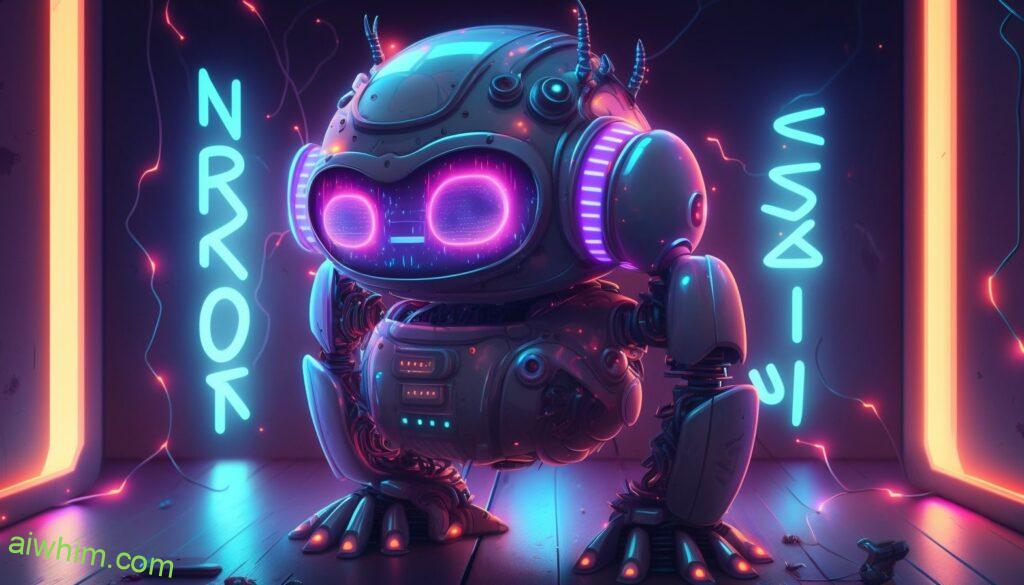
What Is Natural Language Processing?
As the need for human writers is evident, the question now turns to technology and what it can do. Natural Language Processing (NLP) is a subfield of Artificial Intelligence that focuses on understanding language, both written and spoken. It works by taking text or speech as input and analyzing it in order to understand its structure, syntax, and meaning.
Essentially, NLP is all about teaching computers how to read and talk like humans—or at least convincingly enough so that they can interact with us in meaningful ways. Here are some of the capabilities of NLP:
- Process Text:
- Tokenization – Breaking down sentences into individual words and phrases.
- Part-of-speech tagging – Identifying which type of word each token belongs to such as nouns, verbs etc.
- Named Entity Recognition – Extracting names of people, places, organizations etc from texts.
- Generate Responses:
- Machine Translation – Translating one language into another automatically.
- Dialogue Systems – Automated conversations between machines and users based on natural language inputs.
NLP enables AI systems to understand our intentions better than ever before, enabling them to provide more accurate results when answering questions or completing tasks. This makes it an invaluable tool for businesses looking to automate customer service operations or create chatbots that respond quickly and accurately to user queries without requiring additional manpower resources. In short, NLP has become an important part of modern life; its potential applications are endless!
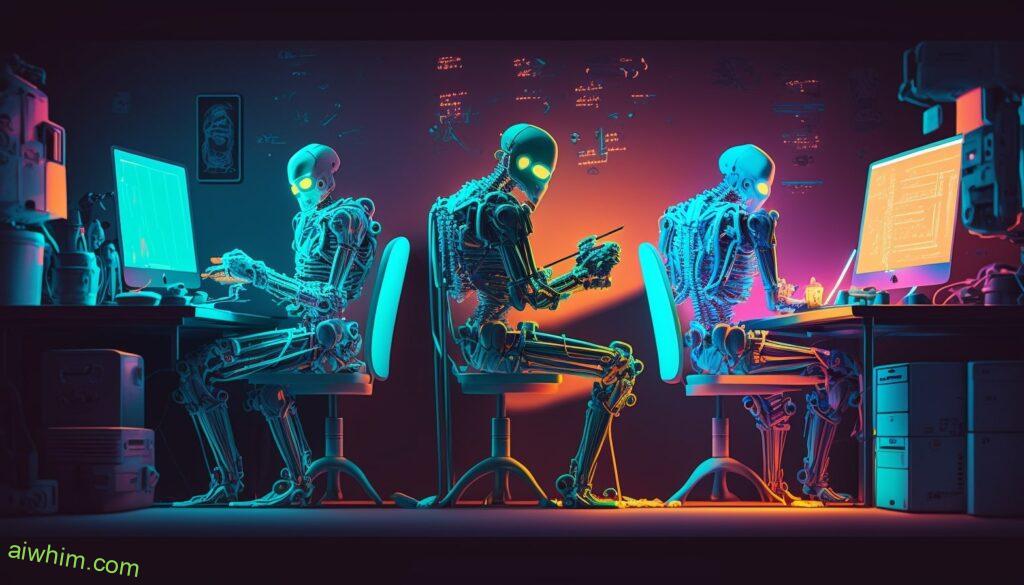
Automated Text Generation
Automated text generation is like a great river, constantly flowing with new ideas and possibilities. With the development of natural language processing (NLP) technologies, machines are now able to generate content that rivals human-written texts in terms of accuracy and quality. This technology has revolutionized how businesses create content for marketing purposes or otherwise.
In many ways, automated text generation can be seen as an extension of artificial intelligence (AI), allowing machines to produce something similar to what a human would write while still being totally unique. Not only does it save time by automating mundane tasks, but it also allows companies to quickly respond to customer inquiries or requests without having to invest in additional manpower. Furthermore, AI-generated content can provide insights into consumer behavior which can help them make informed decisions when planning campaigns or other initiatives.
The potential of automated text generation is immense and its use could soon become ubiquitous within the business world. By freeing up resources spent on manual labor, companies can focus their attention on more important aspects such as innovation and growth – ultimately leading them towards success.
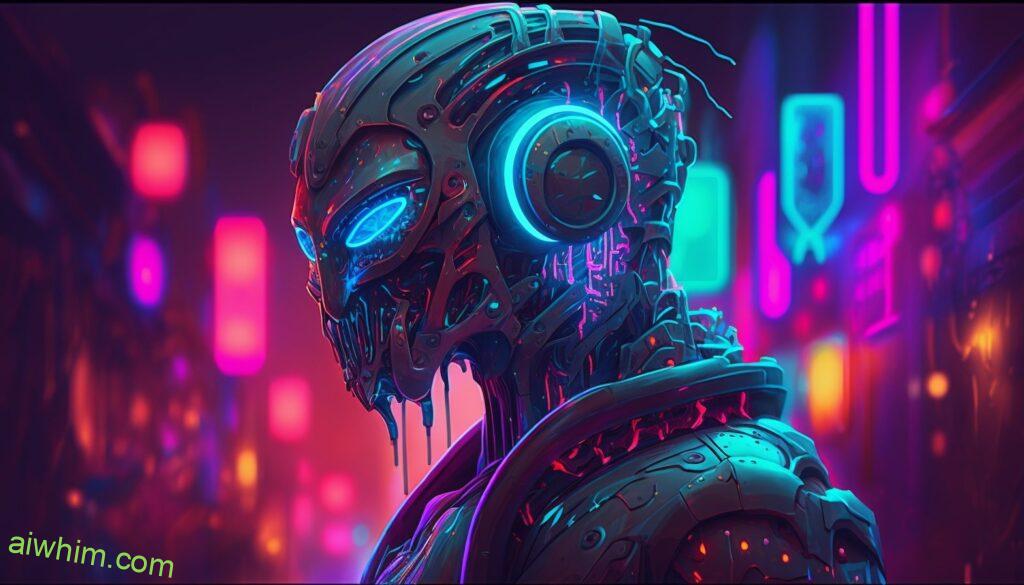
Quality Assurance And Editing Processes
No technology can replace the eye of a seasoned writer or editor. AI-driven chatbots, like ChatGPT, may be able to generate unique content that is free from errors and duplication but cannot guarantee originality when it comes to ideas. This is why writers still play an important role in Quality Assurance (QA) and editing processes, even with the implementation of AI-based tools.
Writers provide insight into how readers will interpret their work; they understand the nuances of language which are often lost on machines. They know what kind of words evoke emotion in readers and have a knack for grasping what appeals to them. Writers also have experience troubleshooting common problems associated with written material such as formatting issues, organization structure, clarity, etc., while bots lack this ability. It’s true that sometimes humans make mistakes too–misspelling a word here or there–but unlike automated systems, we can quickly recognize our own errors due to our understanding of context and grammar rules.
Chatbot technology has come a long way since its inception but does not yet possess enough sophistication nor creativity to reliably take over writers’ jobs. Until then, QA and editing teams must continue relying on human expertise alongside any technological advances made in artificial intelligence.
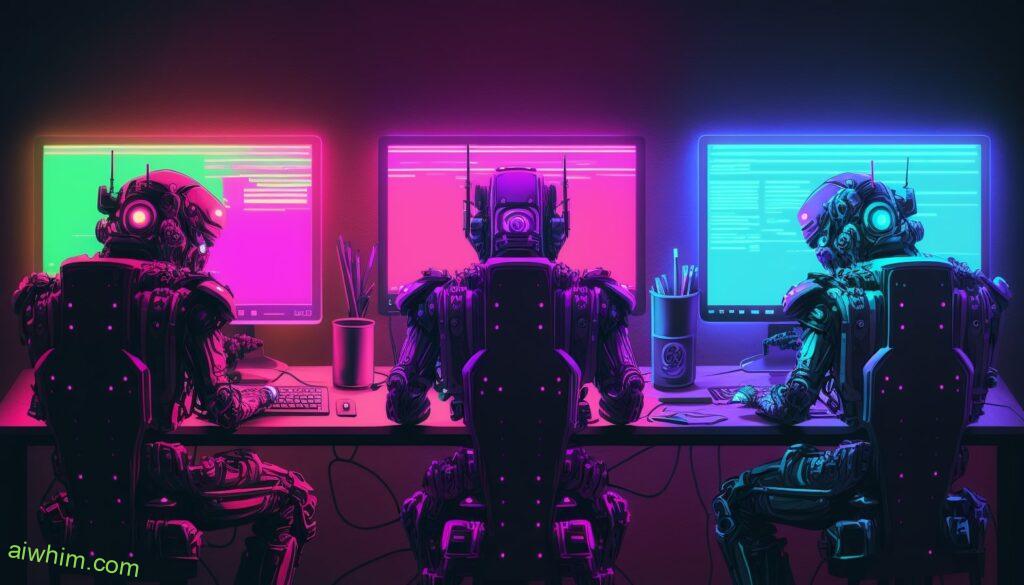
Challenges Faced In Implementing ChatGPT Technology
Naturally, there are some challenges to implementing ChatGPT technology. For starters, it requires a great deal of data in order for the AI-driven system to work properly and generate accurate content. This means that businesses have to be willing and able to invest a significant amount of their time into collecting and curating this data before they can even begin using the system. Additionally, the cost associated with creating a large dataset is not insignificant, which could put off some potential users who may lack the necessary financial resources.
Another challenge lies in ensuring that the generated output aligns with the company’s brand identity and messaging standards. As such, companies must dedicate extra effort towards monitoring and managing any outputs produced by ChatGPT systems, as well as crafting clear guidelines regarding when it should or shouldn’t be used. Ultimately, these considerations all contribute to making the implementation process more complex than initially expected. Without proper planning and execution however, businesses will struggle to reap the full benefits of ChatGPT technology.
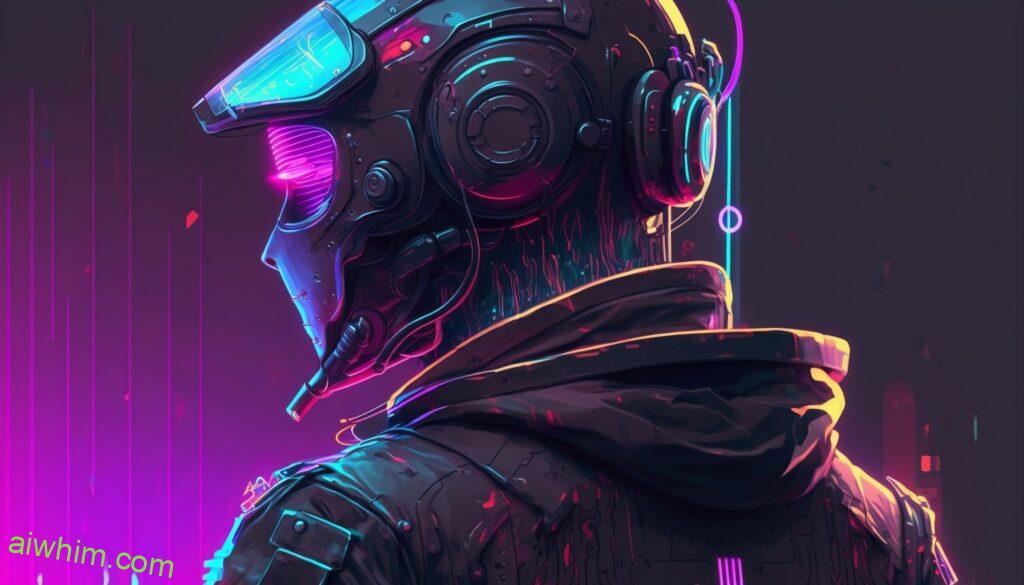
Ethical Considerations In Using AI-Generated Content
As the technology of ChatGPT advances, so do its ethical considerations. As the saying goes: “With great power comes great responsibility”. Ethical considerations in using AI-generated content involve several important questions that need to be addressed:
- What is a reasonable expectation for accuracy and reliability?
- Should there be regulations on how accurately it can simulate human writing?
- How should we ensure that information generated by ChatGPT remains reliable?
- How much autonomy should AI have when generating content?
- Is it acceptable if AI makes decisions without any input from humans?
- Are there certain topics where AI should not generate content autonomously?
- Who owns the rights to the content generated by an AI algorithm?
- Could copyright infringement occur if someone uses AI-generated material without permission or payment of royalties?
With these questions come various implications for society at large. The potential for misuse of this technology could lead to serious consequences such as privacy violations, financial manipulation, and even censorship of ideas. There must also be safeguards in place to protect against malicious actors who may use ChatGPT technology for their own gain. Despite these challenges, however, the promise of ChatGPT technology lies in its ability to provide greater freedom and creativity in our lives. By giving writers more time to focus on higher-level tasks while machines take care of mundane tasks, they are able to unlock new ways of expressing themselves through creative writing. This allows people to explore new ideas with less effort than ever before—opening up entire worlds of possibilities.
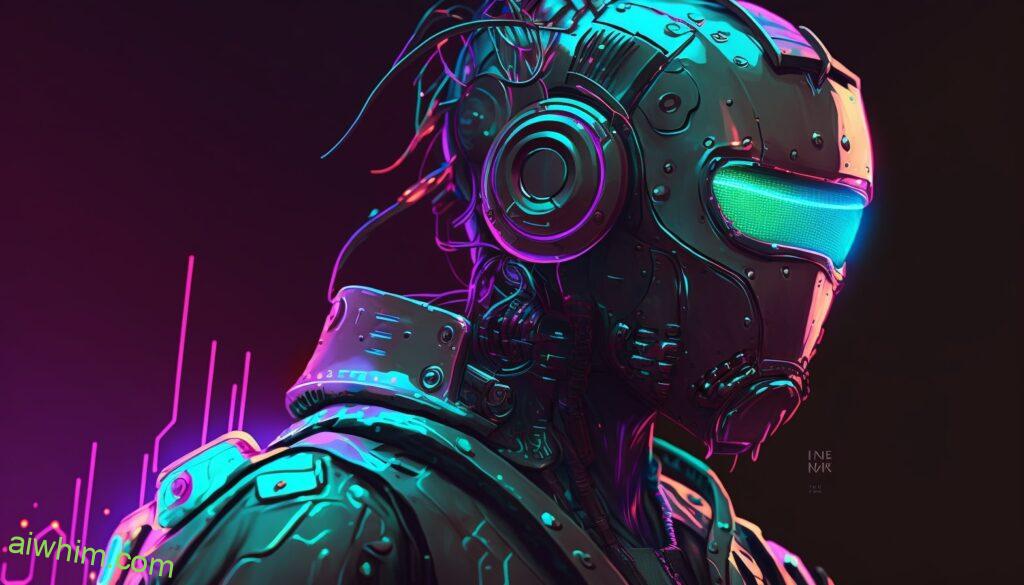
Final Verdict
No, chatGPT will not replace writers. While it can help with the creation of content, its capabilities are limited. ChatGPT is a tool that should be used in conjunction with human creativity and ingenuity to create compelling stories and ideas. Its AI-powered algorithms may one day become sophisticated enough to produce unique works of art but until then, there will always be a need for creative professionals who have honed their craft over years of experience.
Ultimately, chatGPT cannot replace writers because no machine can match the power of the human imagination. It takes more than just data processing to create something meaningful and impactful; it requires emotion, passion and a willingness to take risks. Writing is an essential form of expression that allows us to explore our innermost thoughts and feelings without fear or judgement. As long as humans seek freedom from social constraints, writing will continue to serve as an outlet for self-expression – making it impossible for any technology to ever fully replace professional authors.
Video Summary
Author: Ole Paulson
Author Bio: I’m Ole and on this website, I share everything there is to know about Artificial Intelligence, and useful tips for using AI to our advantage. I have a background in data science and research and have been following the AI-space for years. You can read more about me in the “About” page.

